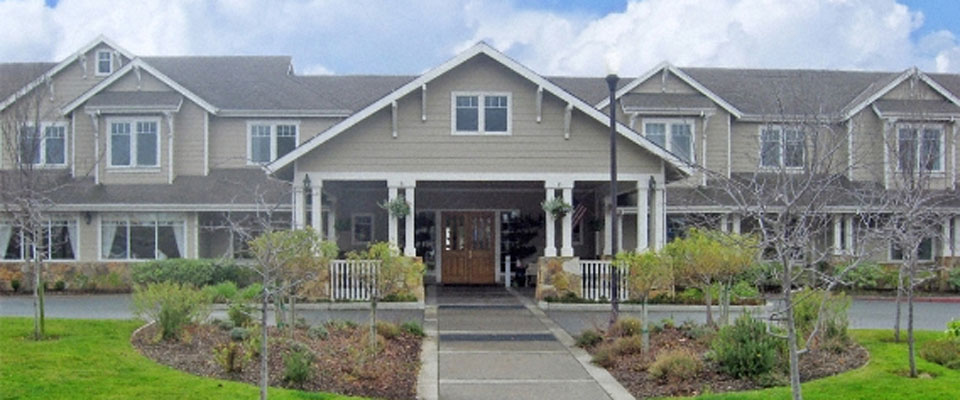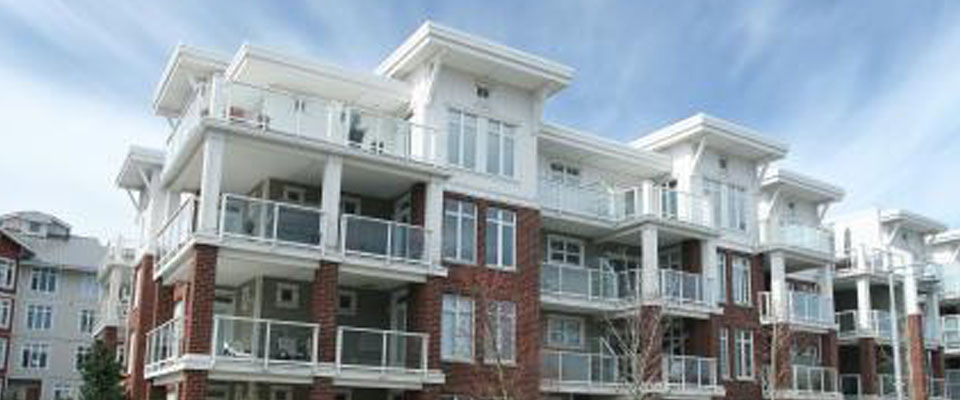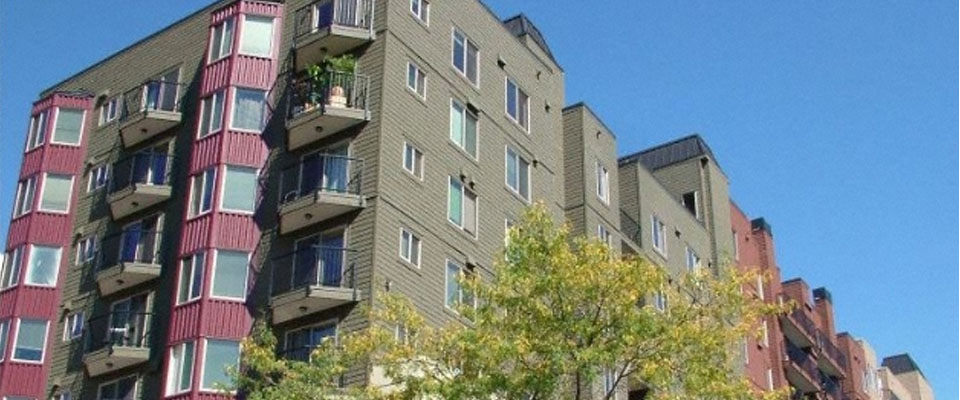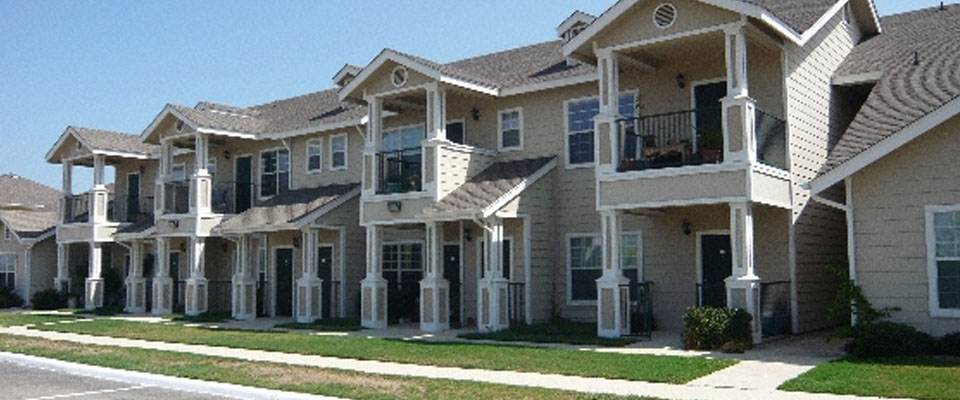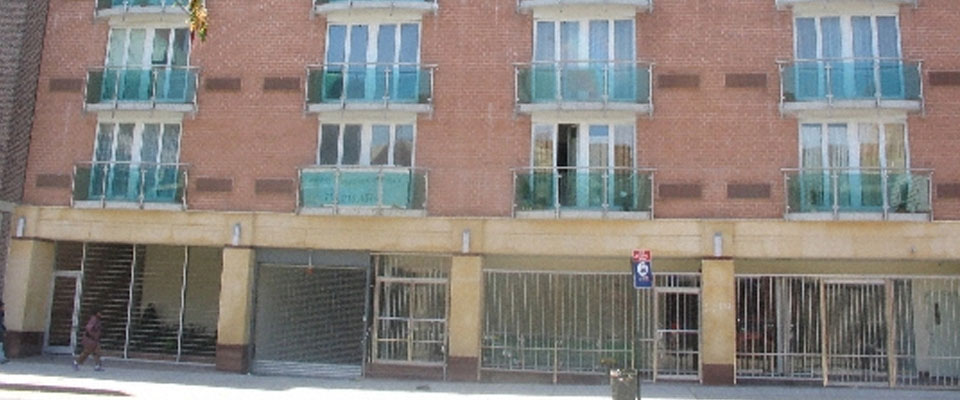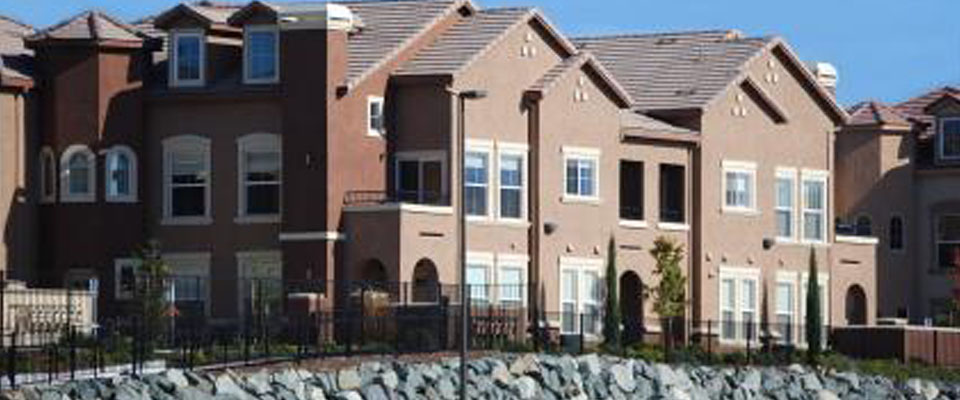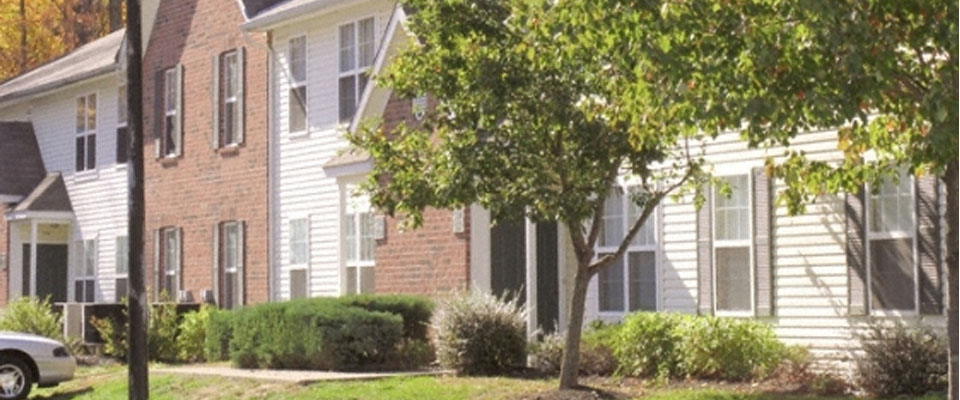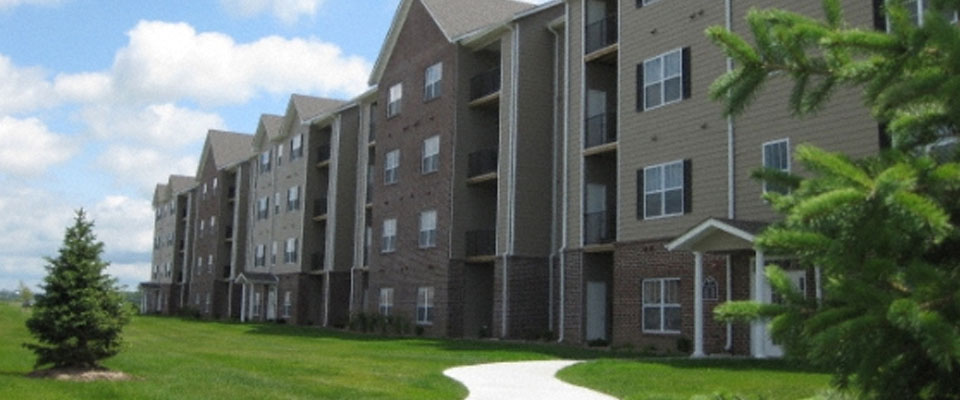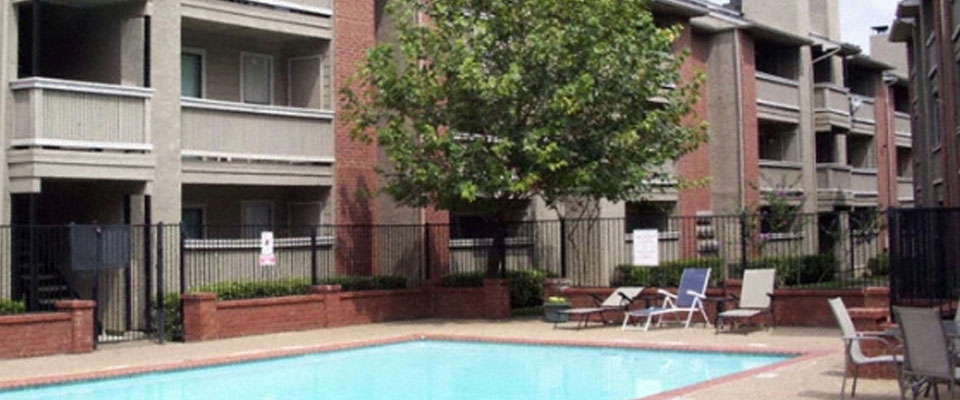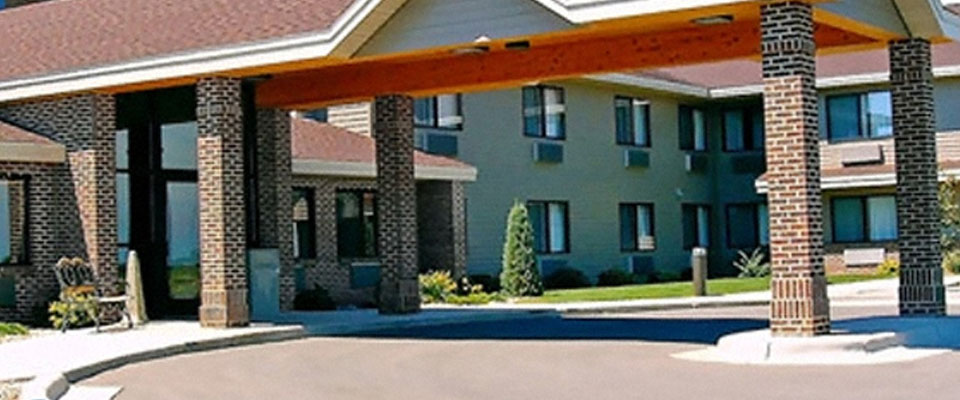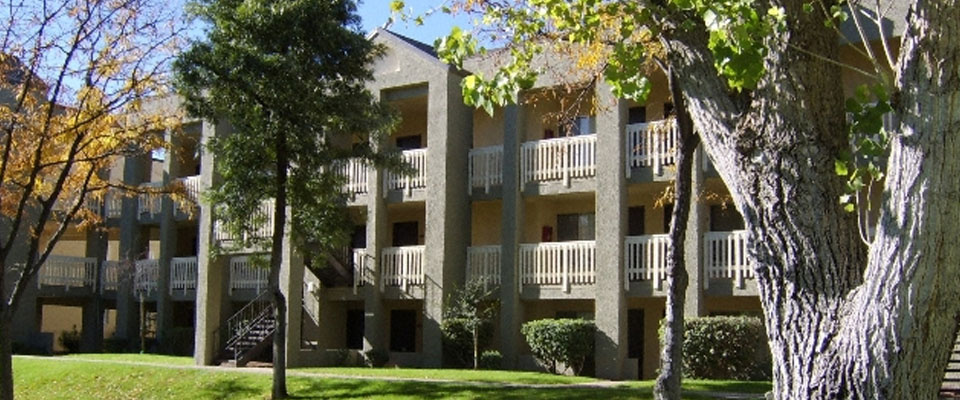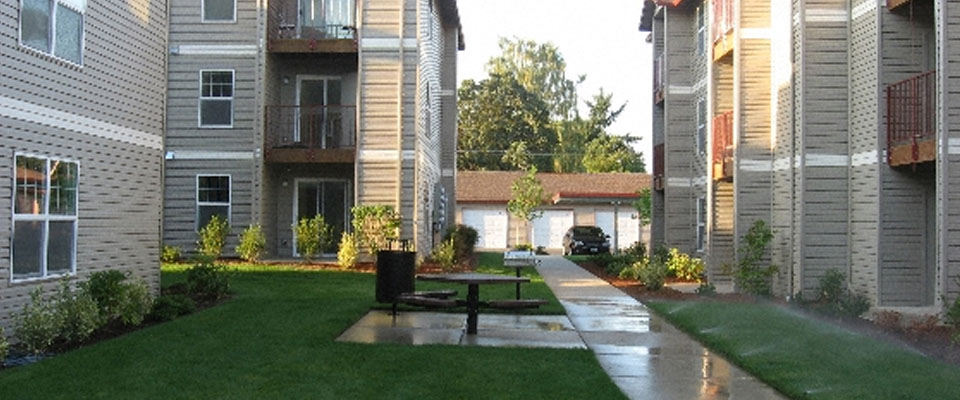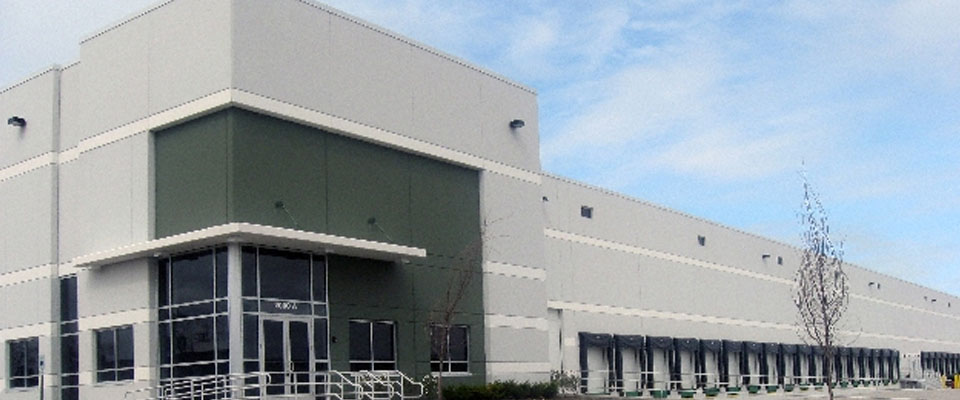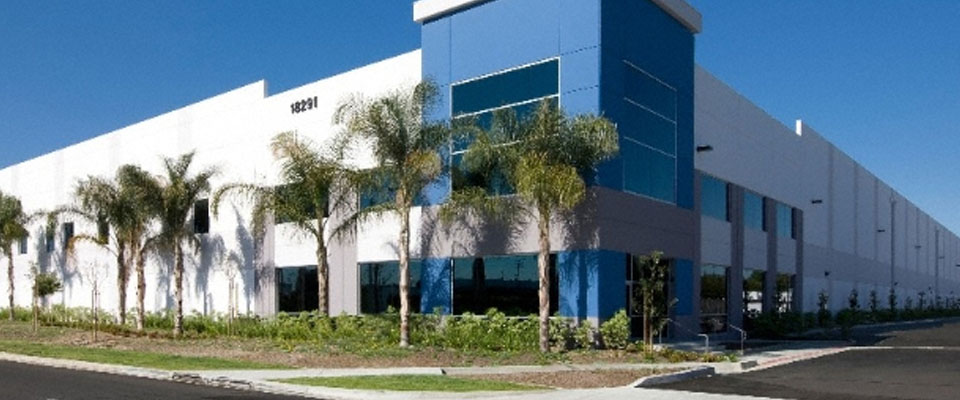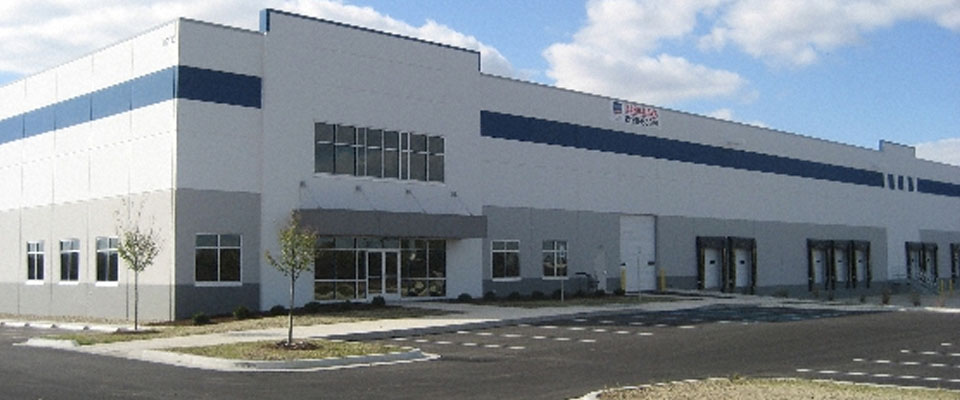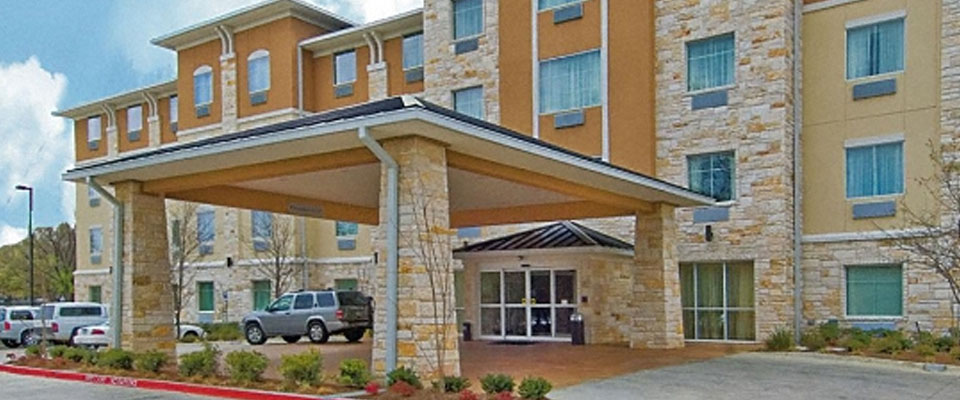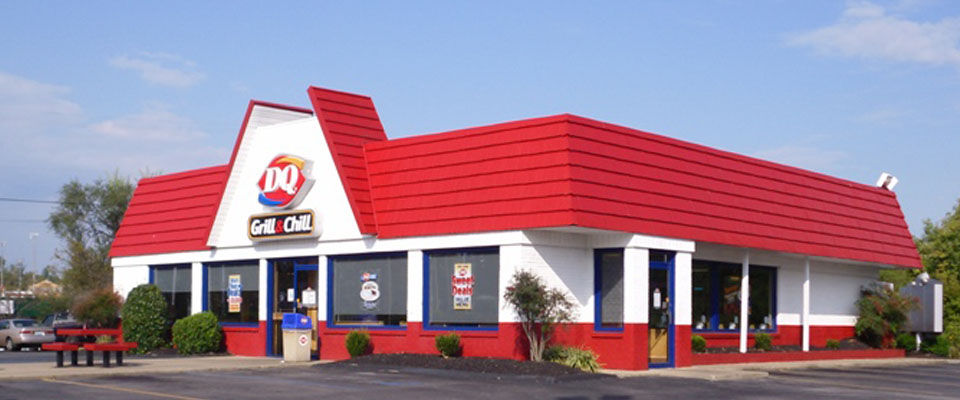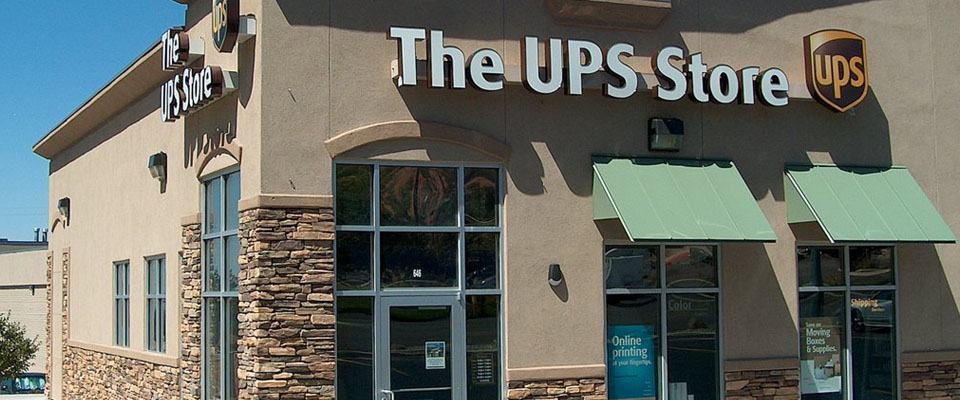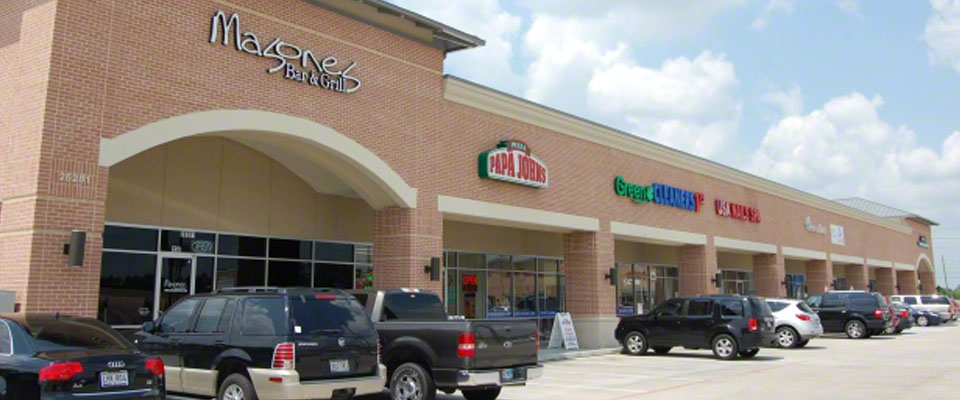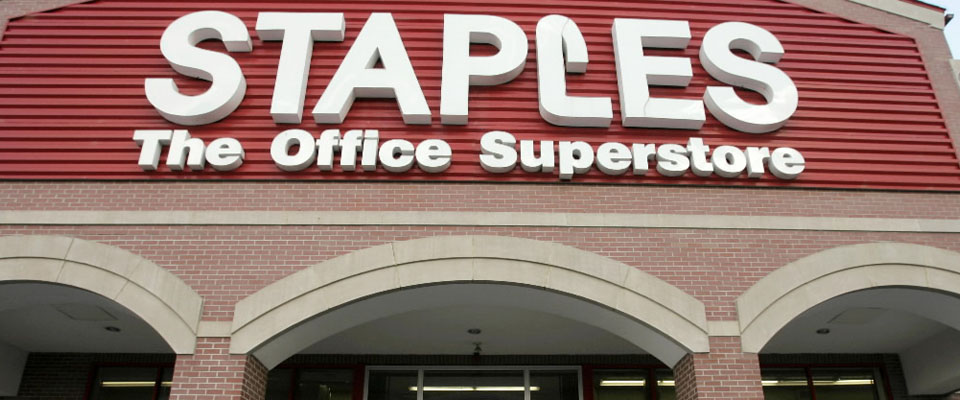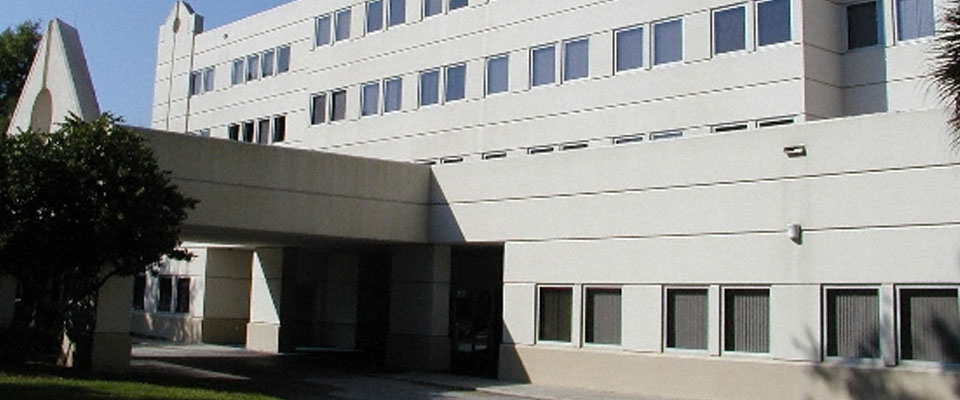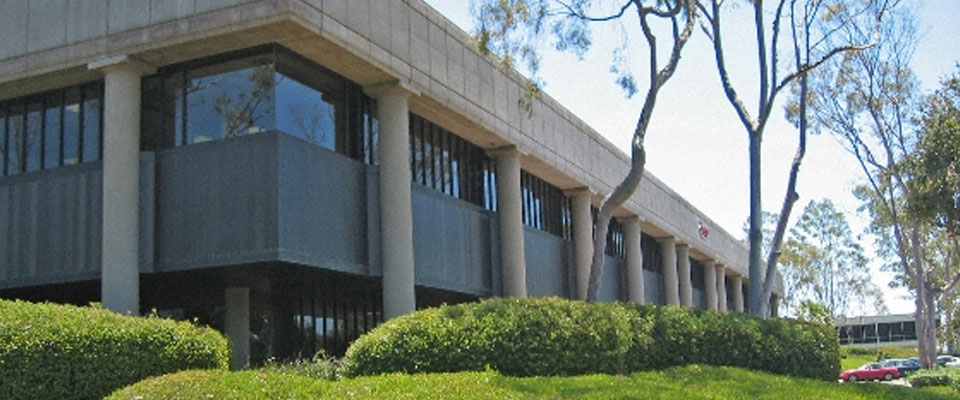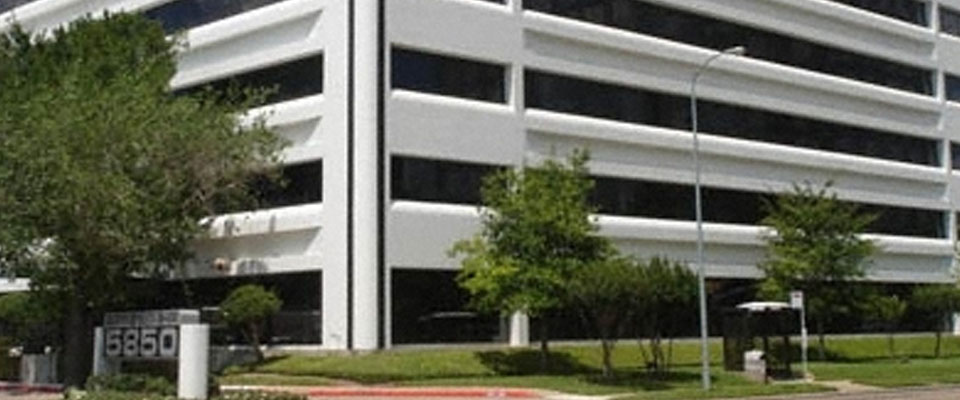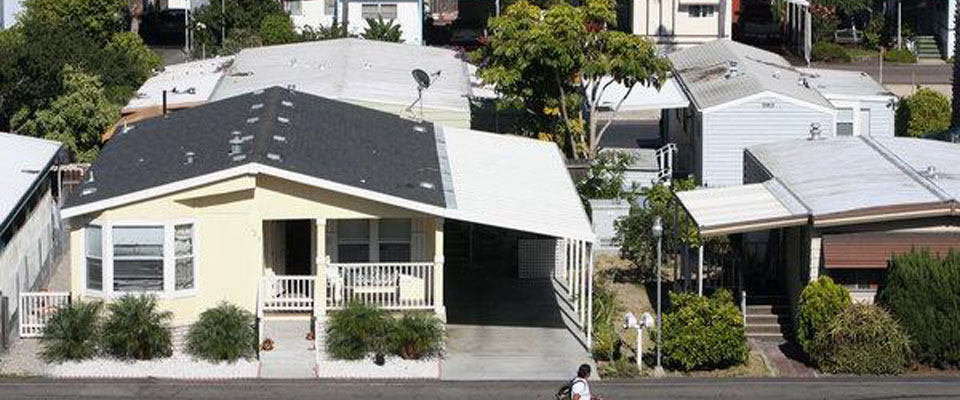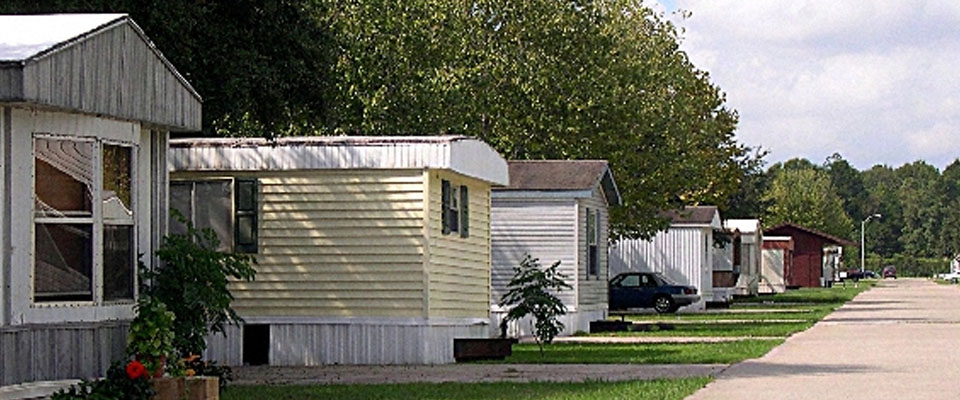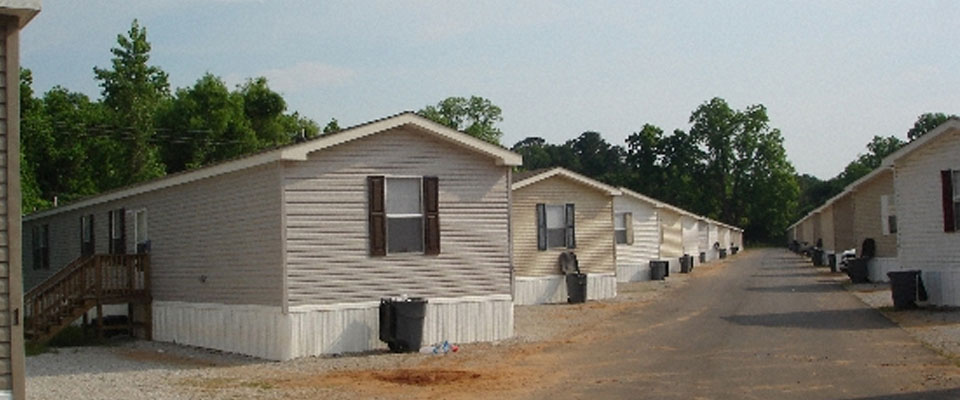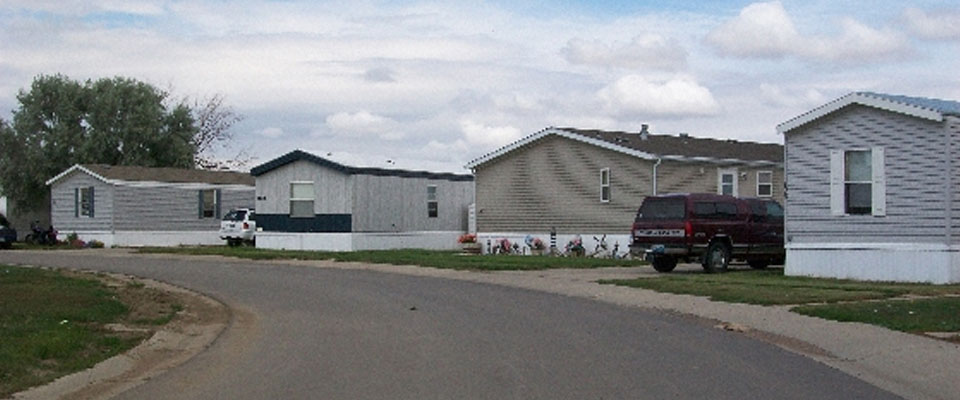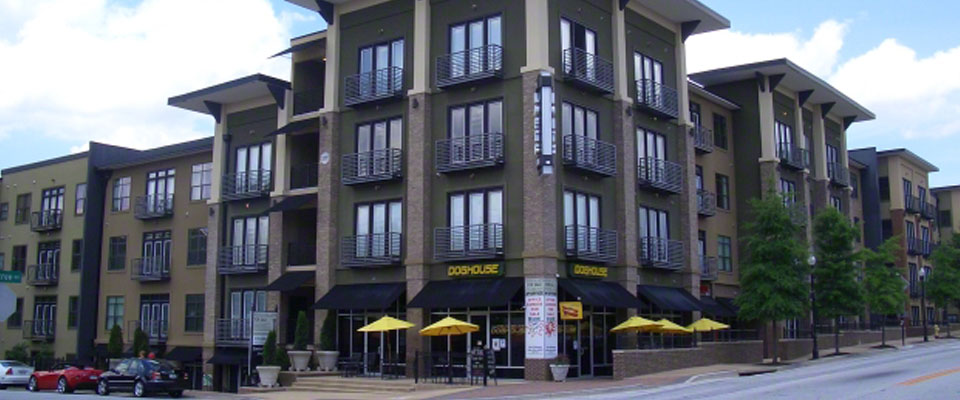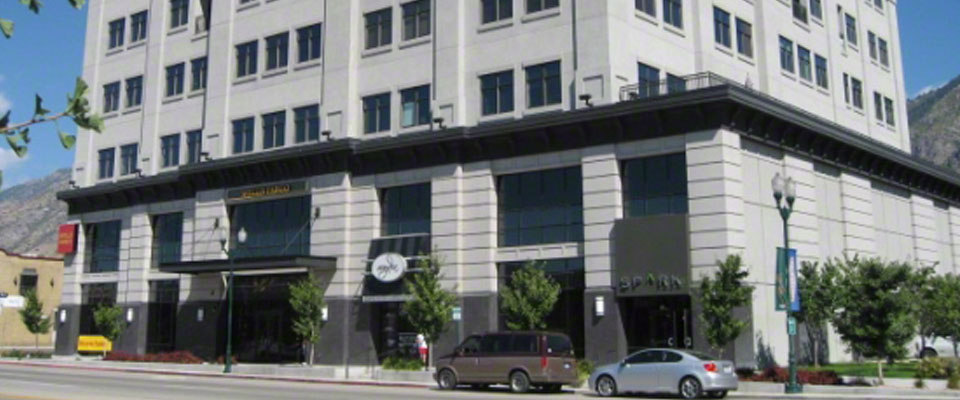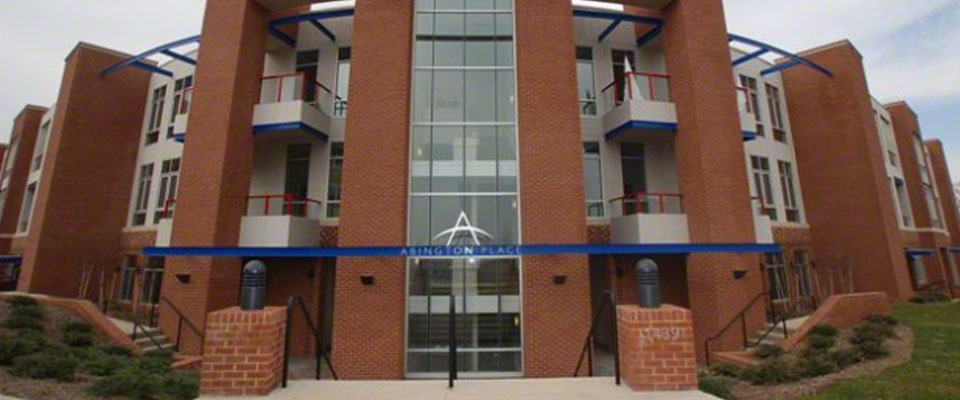Apartment Interest Rate | How to Evaluate an Apartment Interest Rate
The most important number in your apartment loan is the interest rate. Your interest rate effects what your profit will be over the course of the loan. The apartment interest rate you are required to pay on an apartment loan can vary according either to legitimate concerns on the part of the lender, or to a lender’s desire to make as much money from the loan as possible. It is important to familiarize yourself with your status as a potential borrower and with relevant economic factors in order to find out whether your apartment interest rate is being calculated fairly.
Your Status as Borrower
Your desirability among lenders is determined by the following factors that help to define for lenders how much of a risk they are taking in allowing you to borrow from them. The higher the risk involved, the higher the interest rate for your apartment loan is likely to be.
- Your Credit Score – Lenders are likely to be looking for potential borrowers with credit scores higher than 640. Even though this is a commercial property, credit scores are designed to indicate your financial risk, and so lenders will look into your credit to discover how you handle money. Your credit score takes into account factors including your payment history, the amount of credit you currently owe, the length of your credit history, any recent requests for new credit and the different types of credit you are currently using.
- Your Liquidity – If a lender finds that you would be unable to liquidate your debt promptly if the necessity arose, they will require more money in the short term via a higher interest rate to cushion against potential long term losses. Your capacity to liquidate your debt depends upon the monetary value of your assets and price at which it can be bought or sold in the current market.
- The Term of Your Investment – The longer the term of your investment, the higher the risk to lenders is calculated to be. This is because the financial situation of both the individual and the economy is liable to change more dramatically over a longer period of time than a shorter one, potentially for the worse.
- Your Personal Financial Investment – Since the lender’s goal is to reduce risk, the amount of money you invest into the property yourself will have an effect on the interest rate. The more of the property you own yourself, the more willing lenders are to believe you plan to pay their loan back, and the more value your property has for lenders if you default.
If you are a low risk borrower and your apartment interest rate is high, you should look for a lender who better appreciates your value as a potential customer.
Relevant Economic Factors
If you are looking at an unappealing interest rate in your apartment loan despite having good credit, liquidity and a relatively short investment term, the problem may lie with one of these economic factors. Unfortunately, even highly qualified borrowers may end up being out of luck in terms of reasonable interest rates when larger economic problems such as the following are at hand.
- Unfavorable Exchange Rate – If the value of the currency used in your country as measured on an international scale is fluctuating or has dropped significantly, interests rates will reflect this.
- Inflation – If prices are rising or dropping significantly or there is statistically valid cause to believe that a rise/drop in market prices is likely, your interest rate may be higher as a result.
Taking all of the above factors into account will help you to calculate the validity of a lender’s suggested interest rate. For reasonable, clearly defined interest rates that realistically reflect your status as a borrower and the economic climate, check out our rates page or sign up with CRE Lender today.
[salesforce form=”2″]
